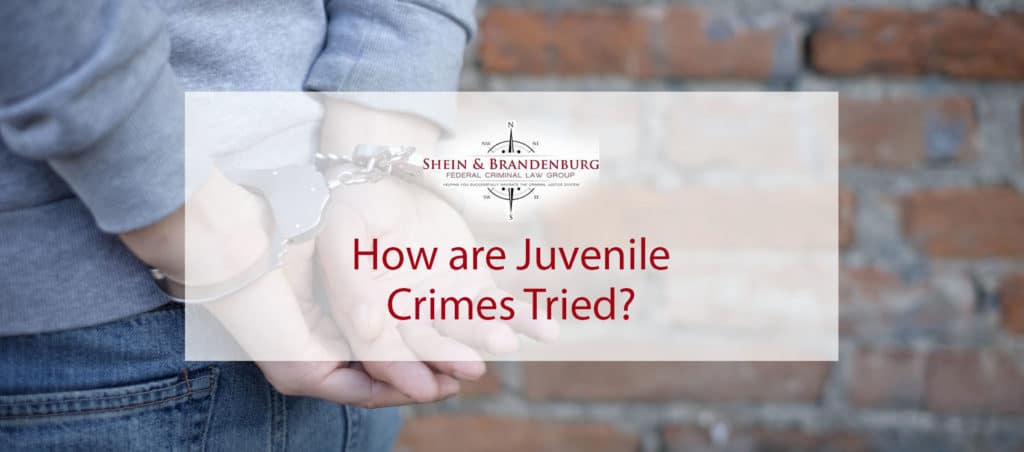The Juvenile Crime & Trial Process
Georgia’s Juvenile Code can be particularly difficult to navigate if you do not have the assistance of an experienced criminal defense lawyer. These trials often involve a number of particularly complex steps. The following are some of the steps that make up a trial in regards to a juvenile crime or case.
Filing a Complaint
A juvenile crime or offense complaint in Georgia can be filed by either law enforcement or a private citizen. This is the first document that is filed, setting off a cascade of legal complications for the juvenile in question.
Detention Hearings
After a child under the age of 17 in Georgia is arrested and placed in custody by law enforcement, there are three things that law enforcement is required to do. These requirements include releasing the child to their parents, delivering the child to a medical facility if care is required, and contacting a juvenile intake officer. In Georgia, juvenile officers rely on guidelines to determine if a child should be released to his or her parents or released on his or her own.
If a child is arrested, a detention hearing also must be held. During this hearing, a juvenile will be informed about the contents of the complaint, what the trial will include, the juvenile’s ability to request bail, and the possible consequences that a child will end up facing. The judge in these hearings must determine whether there is sufficient evidence to determine that the juvenile committed the offense in question.
Petition Filings
A petition refers to the formal charging process in Georgia and states the exacts offenses with which a juvenile is charged. If a juvenile is detained, a petition must be filed within 72 hours after a detention hearing. When a juvenile is not detained, a petition must be filed within 30 days after a complaint is filed or within 30 days after the child’s release subsequent to a detention hearing.
Adjudication
Regardless of whether a juvenile was detained, adjudication must occur within a narrow window of time. During adjudication, a judge will determine if the juvenile is capable of understanding his or her rights, then determine how the juvenile wants to respond to the charges in the case.
In situations in which the juvenile denies the charges, a trial will occur. There are some parts of juvenile trials that are similar to other court cases and some that are very different. There are not any juries in juvenile trials. At the trial, a judge will determine if the allegations against the juvenile have been proven beyond a reasonable doubt. If this burden has not been proven, a judge is required to dismiss the petition and order the juvenile to be released from detention.
Dispositions
After a hearing has occurred, a judge must determine an appropriate disposition or outcome. Dispositions are either negotiated or non-negotiated. Negotiated admissions will lead to a disposition that is agreeable to both the juvenile and prosecution. In the case of non-negotiated admissions, a juvenile will admit to charges but not be able to agree on an outcome with the state.
Review Hearings
If a juvenile has ended up under the supervision of a probation department, a large number of judges review cases post-disposition. Although some jurisdictions operate independently, other jurisdictions depend on the Georgia Department of Juvenile Justice to perform delinquency reviews.
Speak with a Skilled Criminal Defense & Juvenile Crime Lawyer
At the Federal Criminal Law Center, we have significant experience in navigating juvenile cases in Georgia. If you or your child is involved in such a situation, do not hesitate to contact us today to schedule an initial free consultation.


